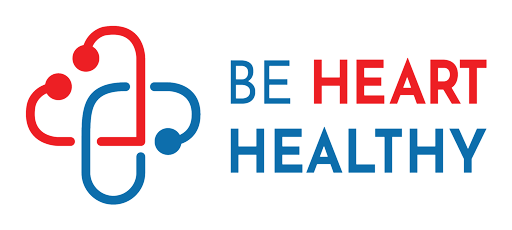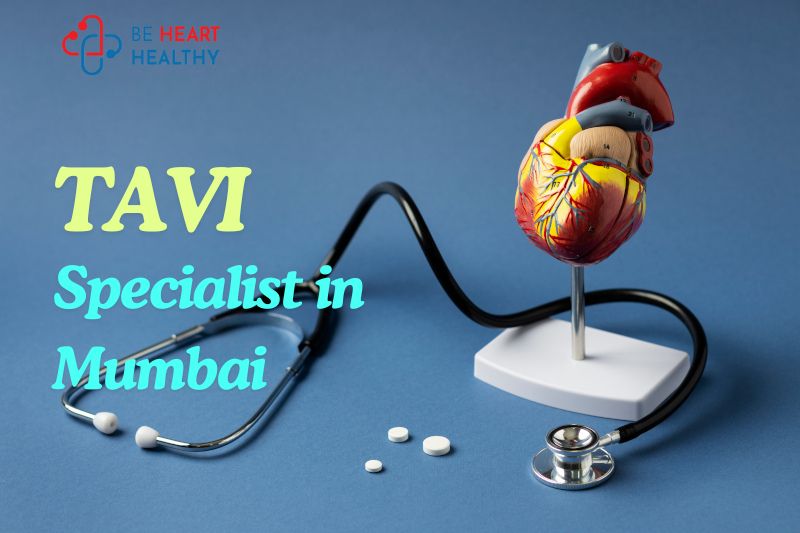In a rapidly evolving world, technology is the driving force behind remarkable breakthroughs in the field of healthcare. One of the most exciting advancements in this arena is the integration of Artificial Intelligence (AI) in cardiovascular medicine. AI is revolutionizing heart care, offering the promise of early diagnosis and personalized treatment plans that can transform the lives of millions.
AI’s Role in Early Diagnosis
India, like the rest of the world, is grappling with the growing burden of cardiovascular diseases (CVDs). The ability to predict heart disease before symptoms manifest is a game-changer. AI is adept at analyzing extensive sets of patient data, recognizing patterns, and identifying risk factors that may escape the human eye. This early detection can be pivotal in preventing heart issues, as it allows for timely interventions and lifestyle adjustments.
For instance, AI-driven algorithms can predict heart disease based on factors such as age, family history, cholesterol levels, and lifestyle choices. With this insight, healthcare professionals can proactively address potential risks. Early diagnosis means earlier treatment, which can lead to better outcomes and an improved quality of life.
Personalized Treatment Plans
No two hearts are the same, and AI recognizes that. With AI, cardiologists can now create personalized treatment plans tailored to a patient’s unique needs. AI analyzes genetic, lifestyle, and medical data to recommend interventions that are most likely to succeed. This personalized approach not only makes treatments more effective but also minimizes side effects, enhancing the overall patient experience.
In India, where access to healthcare varies widely, AI’s role in personalizing treatment is particularly significant. By optimizing treatment strategies, even in resource-constrained settings, AI can help individuals across the country receive the most appropriate care.
The Indian Perspective
India is home to one of the world’s largest populations, and the burden of cardiovascular diseases is substantial. Lifestyle changes, such as urbanization, increased stress, and shifts in dietary habits, have contributed to the rise in heart-related issues. The need for innovative and accessible healthcare solutions is more pressing than ever.
AI is here to bridge these gaps. Telemedicine platforms powered by AI are connecting patients in remote areas with expert cardiologists. AI-driven chatbots and mobile apps are providing instant access to heart health information and guidance.
Challenges and Opportunities
While the potential of AI in cardiovascular medicine is immense, there are challenges to overcome. Ensuring data privacy and security is paramount. India, like many countries, is working on data protection regulations to safeguard patient information.
Additionally, there’s a need for healthcare professionals to embrace AI and adapt to these new tools. Continuous training and education are essential to fully harness AI’s capabilities.
The future of heart care in India is one where AI plays a central role in prevention, diagnosis, and treatment. With a massive population and varying healthcare infrastructures, AI can level the playing field, ensuring that everyone, regardless of location or economic status, has access to the best in heart care.
Conclusion
The integration of AI in cardiovascular medicine is not just a technological marvel; it’s a lifeline for millions. In India, where the burden of heart disease is substantial, AI has the potential to transform lives by enabling early detection and personalized treatment. This is a future where heart diseases aren’t merely treated; they’re prevented. As AI continues to advance, we can expect even more remarkable developments in heart care, making it accessible to all, and saving countless lives along the way. The heart of India deserves nothing less.




